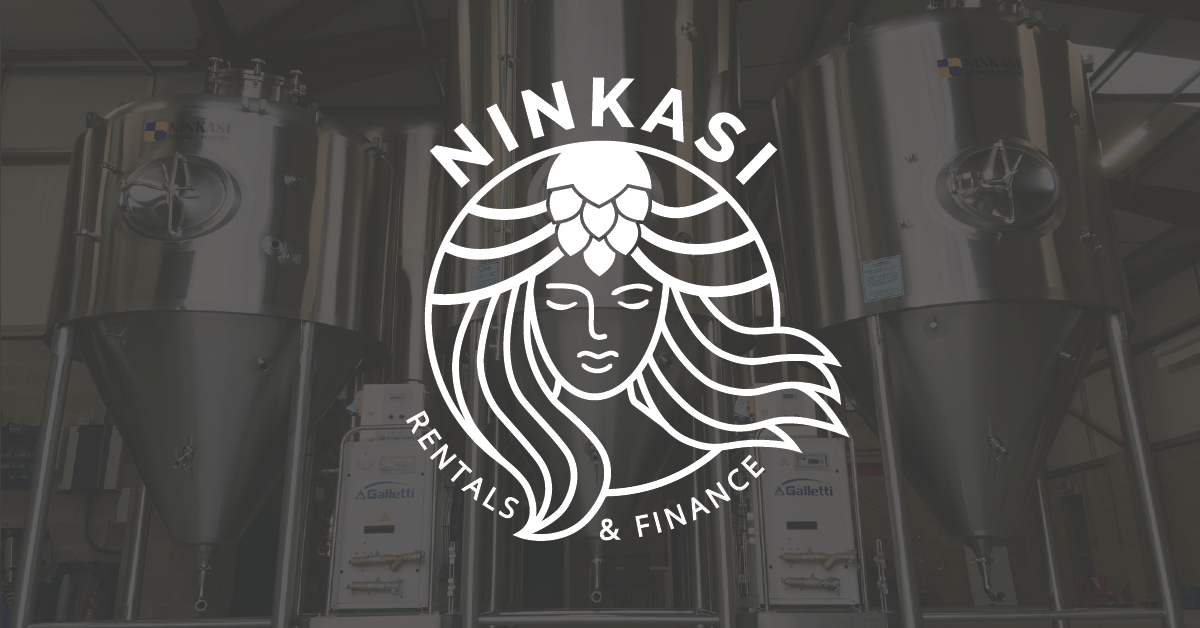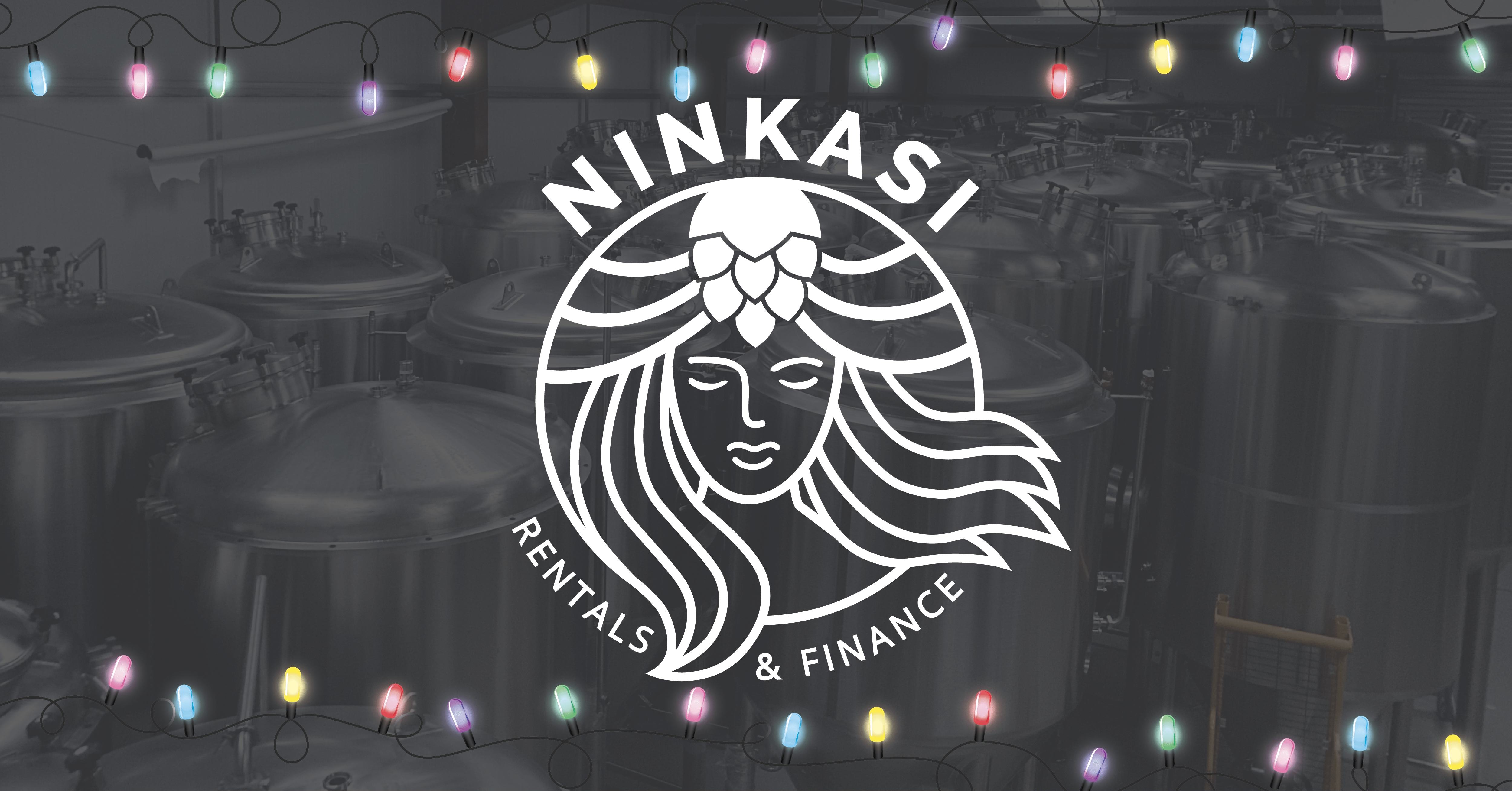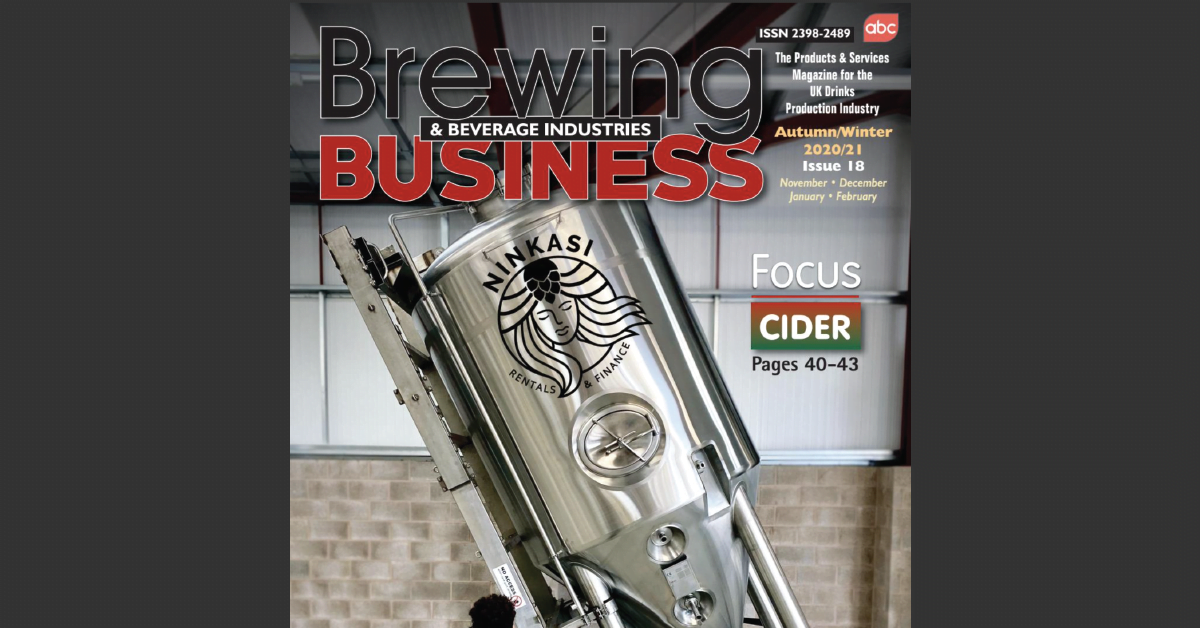Recently we published an article about the main types of finance products available in the United Kingdom. You can read that article here.
We received a lot of positive feedback from the people who read the article. The main question they raised regarded the end of term treatment of the asset on a finance lease.
Therefore, we thought it would be useful to put together some information relating to how finance leases usually work at the end of term.
As you may expect, all finance companies have slightly different methods for treating the end of lease with their customers based on their own accounting principles, but the usual practices are listed below.
- The hirer may enter a secondary hire period and continue the lease.
- The hirer can be appointed as the ‘sales agent’ by the finance provider and is then able to sell the asset to a third party on their behalf.
- The asset can be returned to the finance provider.
Continuation of Lease
This option usually has the lowest cost associated with it. As the asset has already had its capital outlay covered, continuing to lease an asset can be the most attractive option in terms of cash flow.
Your initial agreement should allow for your lease to continue at the end of the term, and also should show the value of continuing to do so. A finance company would normally only be looking to cover their admin costs at this stage, and all options would still be open to you in the future.
This is a great option if you are undecided about the next step for the business or the asset. You can effectively tread water for a period at your discretion, and then decide if you wish to take either of the other options or continue with the lease.
This is especially good if you potentially have a buyer lined up for a sale and need time to get the sale through. Or if you are looking at other options for equipment and wish to use the asset leased as a stop gap until you have decided.
Sales Agent Option
In our experience this is how the process is designed to work.
- The finance provider appoints the lessee to act as a sales agent to dispose of the equipment on the lessor’s behalf.
- The lessee sells the asset for Fair Market Value to an unconnected third party.
- Most lessors will be able to introduce the lessee to an unconnected third party if needed.
- Once the sale is complete, the hirer receives a pre-agreed percentage of the sales proceeds back from the lessor, often referred to as a “rebate of rentals”.
This is a great option if the lessee wants to be able to sell the equipment in the future and generate revenue from the proceeds. The lessee could alternatively agree their own commercial arrangement with the third party to take title if required.
Return
Returning the asset could have benefits for your business if you are looking to continually change your equipment, or if you have decided to take the business in a new direction and have no use for this equipment anymore.
On your agreement you will have the ability to return, however there could be costs involved in this option as you will be giving an asset back to a finance provider, who may not be able to handle it efficiently.
Ultimately the benefit of finance lease over Hire purchase is that generally the upfront capital required is a lot lower, and you have full flexibility and control with the asset at the end of the term.
We hope that you found this article useful, and as always if you have any questions, please just speak to us.
James, Paul, Theo, George, Oli and Liam
The Ninaksi Team
Some further reading and information (not affiliated or endorsed by Ninkasi Rentals) can be found by following the below links:
https://www.ukbusinessforums.co.uk/threads/finance-lease-for-van-ending-what-do-do.345456/
https://www.advanceleasing.co.uk/services/end-of-lease-services/
https://maxxia.co.uk/asset-finance/finance-lease/
https://www.bermans.co.uk/asset-finance-publications/article1/
Please note that all information contained within these articles is produced as summary of our experiences and does not constitute financial advice. Any information contained within third parties’ documents are not attributable to Ninaksi Rentals and must be read at your own discretion. Ninkasi rentals always advise that independent financial advice should be taken before signing any financial documents.













